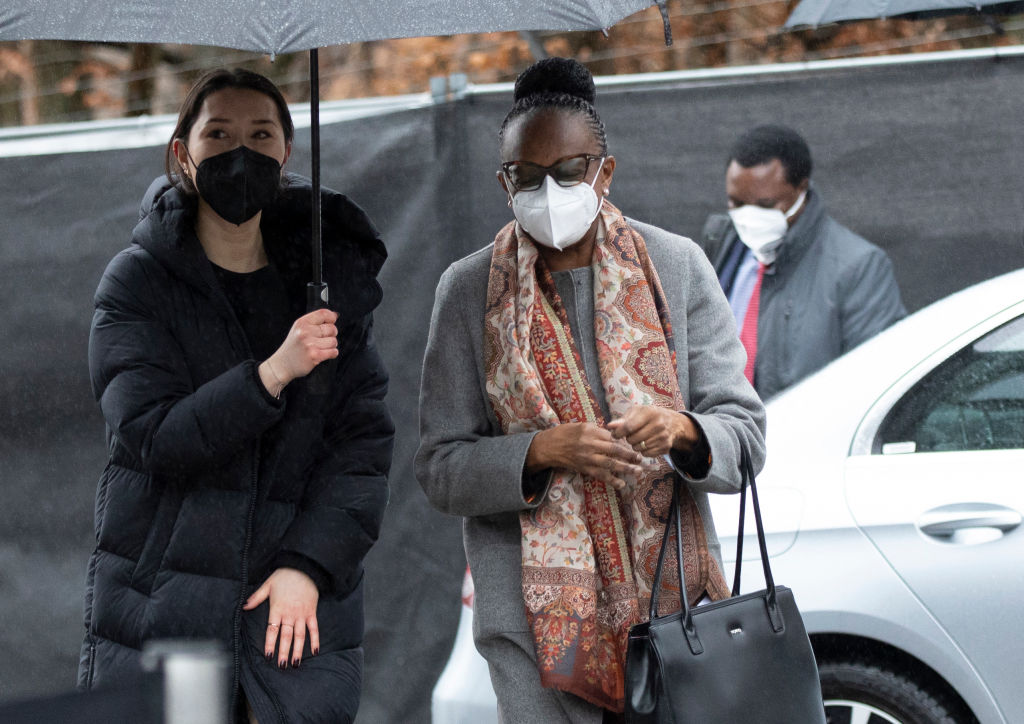ADF STAFF
Despite the possible emergence of new COVID-19 variants and sub-variants, the World Health Organization (WHO) predicted that coronavirus deaths in Africa will decline by almost 94% in 2022 compared to last year.
The WHO analysis predicted about 23,000 deaths this year if current variants and transmission dynamics remain stable. The findings were published in the scientific journal The Lancet Global Health.
The organization’s Africa region, which includes 47 countries, recorded more than 113,100 deaths in 2021. Experts say the true death toll in Africa likely is much higher than the more than more than 253,500 COVID-19 deaths reported by the Africa Centres for Disease Control and Prevention since the pandemic started.
Only 1.4% of COVID-19 cases are recorded in the African region. More than 166 million infections are projected in 2022 compared to about 227.5 million last year, according to the WHO study.
Dr. Matshidiso Moeti, WHO regional director for Africa, said an average of 970 Africans died from COVID-19 per day in 2021, the deadliest year of the pandemic. Moeti expects daily deaths to drop to about 60 per day in 2022.
“The low number of deaths expected this year is a great achievement for the region and a testament to the efforts of countries and partners,” Moeti said in a report by Sierra Leonean newspaper Concord Times. “However, there is still work to be done. Every time we slacken our efforts, COVID-19 resurfaces. The threat of new variants remains real and we must be prepared to face this ever-present danger.”
The high number of deaths in 2021 was attributed to the delta variant, which is a more infectious and severe form of the disease. Omicron sub-variants BA.4 and BA.5 are highly transmissible but not as deadly, experts say.
South African officials were concerned by the emergence of BA.5 in early May, but the subsequent wave of infections was relatively small and was subsiding by June 10, Deutsche Welle reported.
“We learned a lot of lessons about how to stay ahead of the virus,” Moeti told Concord Times. “Now is the time to refine our response and identify the populations most at risk of COVID-19. Countries must step up their efforts to mount a targeted response that provides the most vulnerable people with the health services they need, including … effective treatments.”
Oyewale Tomori, a virologist and past president of the Nigerian Academy of Science, told Nature Africa magazine that the pandemic exposed flaws in Nigeria’s health system, saying that there were initially few testing laboratories. The number of laboratories gradually grew to 140, but as many as 50 of them were no longer reporting as of mid-May.
Continuous public vigilance amid prevention measures is key to controlling future outbreaks, Tomori said.
“The movement of the COVID virus is from man to man, not from government office,” Tomori told the magazine. “And if I get the COVID and I don’t spread it to you, it dies within me. And therefore, we don’t have epidemics going on. I think we should have stressed that the most, the more important player in the COVID epidemic was the human, the public, not the government.”

